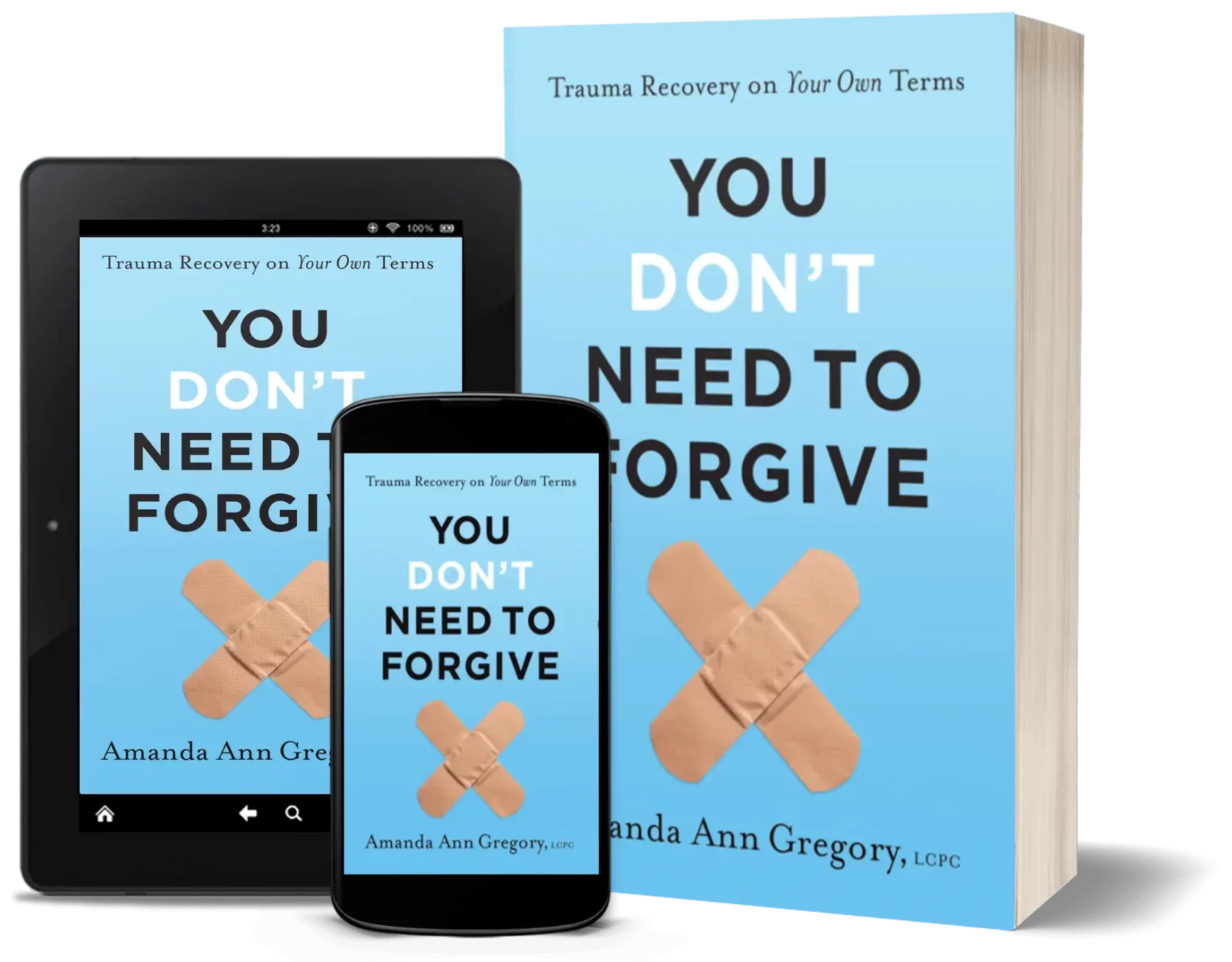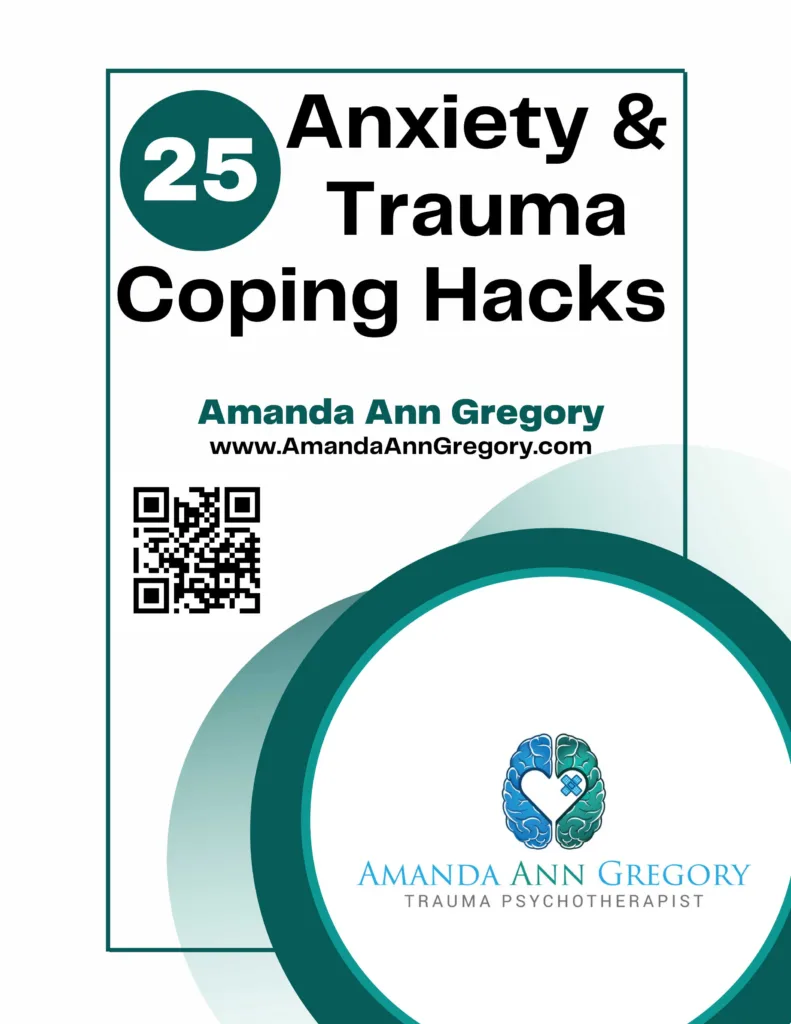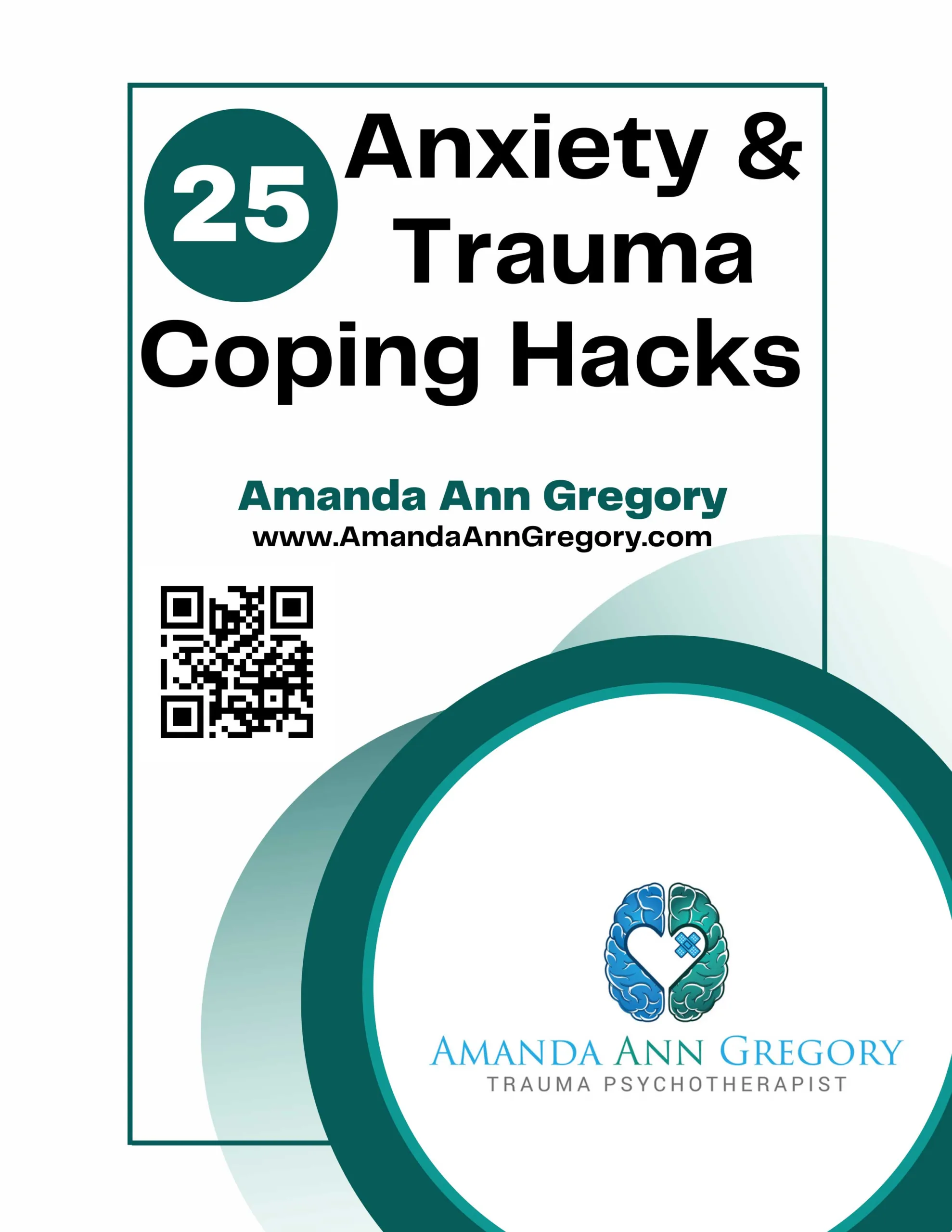EMDR (Eye Movement Desensitization and Reprocessing) is a type of therapy that uses bilateral stimulation (such as eye movements, pulsars, and sounds) to process distressing memories and reprocess negative core beliefs. EMDR has been shown to treat many different psychological and physical conditions, such as trauma, complicated grief, substance abuse, anxiety, phobias, chronic pain, dissociation, and stress.
As a seasoned certified EMDR therapist, one of the most common questions that I get from clients and clinicians is “how long will EMDR take?” and “isn’t it just a couple of sessions?” My answer is always the same: “it depends.” The necessary length of EMDR therapy, like that of any other type of therapy, depends upon many factors. In this blog, I will focus on the impact of trauma history, resources, and goals.
Trauma History
The duration of EMDR therapy can be influenced by a person’s trauma history. Have they experienced one traumatic event or multiple events? How old were they when they experienced the event(s)? How did they respond to the event(s) at that time? Let’s consider some examples:
Mary witnessed a stranger die in an auto accident six weeks before she started EMDR therapy. She has not experienced any additional trauma in her childhood or adulthood. During and after the event, she cried often and relied upon support from her family and friends. After participating in seven EMDR sessions, Mary reported that she was no longer emotionally impacted by witnessing a death. The short-term nature of her treatment is largely because Mary experienced only a single event recently and that she had already begun to process it with the support of others. This helped Mary process her trauma quickly with EMDR.
John experienced developmental trauma from age five-16, and is now 35 years old. As a child and teenager, John often dissociated in order to survive and did not have many supportive relationships to rely on. He was able to achieve his therapy goals by participating in EMDR therapy for three years. John did not experience just one traumatic event, but rather had a long chain of experiences that negatively impacted his development. In addition, his patterns of dissociation made it difficult for him to connect with and process trauma.
Resources
Clients who have more resources typically process issues faster in EMDR, as resources support resiliency and tolerance. Such resources can include having safe and supportive relationships, being able to participate in additional types of therapy or holistic treatments, living in a safe place, and being able to participate in long-term therapy if needed.
Mary had many resources before she started EMDR therapy. She had many supportive relationships, a safe place to live, financial security, and felt a sense of belonging in her community. John lived in a safe place and had financial security, but he had few supportive relationships and often felt isolated from his community. The unfortunate fact is that more intense trauma tends to diminish a person’s ability to seek out and maintain the very resources that have an impact on how brief or long EMDR therapy can take to make a difference.
Goals
A client’s therapy goals also impact the requisite duration of EMDR therapy. Clients can choose what they wish to focus on and how deeply they wish to address it. A metaphor that EMDR therapists often use when discussing therapeutic goals with their clients is “Do you want to clean your table, clean your room, or clean your house?” Cleaning one’s table would take considerably less time than cleaning one’s house. For example, an EMDR therapy client may want to improve their ability to manage anger in the workplace, and they might be able to achieve this goal without addressing deep-seated issues. Yet, a child who struggles with attachment might need to address deep-seated (e.g., developmental) trauma to be able to attach to others as an adult.
Overall, the necessary length of EMDR therapy depends upon the person and all of the distinctive factors that bring them into the therapy space.
Purchase my book, You Don’t Need to Forgive

Sign up to get your Free eBook: 25 Anxiety & Trauma Coping Hacks

Hire me to speak at your event! Contact Me





